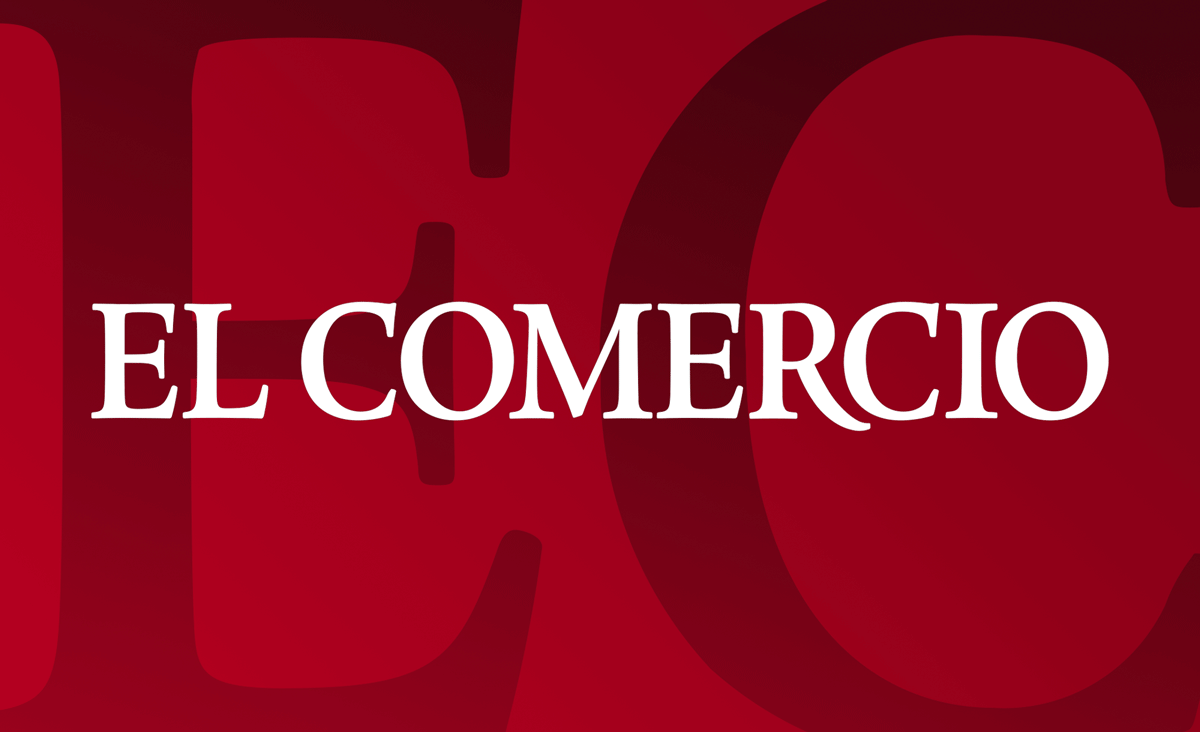EU leaders called on Thursday to “keep tight restrictions” while speeding up vaccination campaigns to deal with “additional challenges” posed by the spread of more contagious variants of the coronavirus, but did not settle their differences over the future “Vaccination passport”.
Read also: European sovereignty, a stake in the health crisis
“The epidemiological situation remains serious, and the new variants pose additional challenges. We must therefore maintain firm restrictions while stepping up our efforts to accelerate the delivery of vaccines, ”said the heads of state and government of the 27 in a press release after a videoconference summit.
Next tough weeks
While the rise of the British and South African variants raises the specter of new outbreaks of contamination across the continent, vaccination campaigns remain sluggish, still penalized by significant delivery delays.
The President of the European Council, Charles Michel, warned Thursday that “the next few weeks” would remain “difficult in the field of vaccination”, after a summit with the leaders of the 27 devoted to the coronavirus pandemic . “The current situation is difficult,” said Charles Michel, at a time when vaccination campaigns in the EU are struggling. “But I would like to display a message of optimism […] We have the means to ensure that the EU plays a key role in […] get out of this crisis in the coming months, ”he added.
The European Commission has promised a sharp increase in available doses in the second quarter – with shipments from Pfizer / BioNTech and Moderna significantly increased, vaccine approval from Johnson & Johnson, and close oversight to address failures in production lines.
Charles Michel also called for “improving the sequencing capacities” of the virus to quickly identify its mutations – a complex procedure unevenly carried out across the Union but for which Brussels has released funds.
Limitations of borders
Worried about the push for variants, around ten EU states have restricted the crossing of their borders. The Commission summoned six of them, including Belgium and Germany, to explain the restrictions it considers disproportionate, fearing the disruption of production chains. France, for its part, announced Thursday that it would require recent PCR tests for non-professional journeys of cross-border workers from Germany to the Moselle. The 27 had initially promised to adopt only “proportionate” and “non-discriminatory” measures. But the variants have changed the situation, prompting some governments to close their borders.
“We must respect a common approach: restrictions on non-essential travel must still be maintained, but the measures must be proportionate and the movement of goods and services must be guaranteed,” argued Charles Michel. However, he recalled that it was up to the Commission to enforce the rules of the single market.
European vaccination certificate
Regarding the issue of a European vaccination certificate to facilitate travel, the leaders contented themselves in their conclusions “to call for a common approach”. “There are still scientific questions: it is not yet certain that you stop transmitting the virus after having been vaccinated”, argued Commission President Ursula von der Leyen.
The question of the rights attached to this “passport” had been deemed “conflicting” and “irrelevant” by certain member states, at a time when only 4.2% of Europeans had received at least one dose of vaccine. Paris and Berlin consider the question premature, rejecting any inequality of treatment between a privileged minority and the others. But other states – especially those most dependent on tourism – want accelerated adoption to save their summer season, like Greece which, like Cyprus, has already concluded a tourism agreement with Israel.
Supported by Bulgaria, Austrian Chancellor Sebastian Kurz recommended him “a green passport” allowing travel or access to restaurants, for vaccinated people but also for those considered “immune” after having contracted the virus.
The 27 finally entrusted the Commission with the task of drawing up the technical conditions for a vaccination certificate (element to be taken into account, IT support, interoperability, etc.). The European executive “will need three months to achieve this,” German Chancellor Angela Merkel stressed to the press, while assuring that after its establishment, “this does not mean that only passport holders vaccine will be able to travel ”.
It will be up to the Member States to adapt their health systems and customs structures to prepare for the establishment of this common certificate, however warned Mrs von der Leyen. “They will have to react quickly for the implementation, if we want to have an effective green certificate by the summer”, she insisted.
–


